LEXIS

Slow reading, not understanding text read aloud or silently, skipping words, not recognizing some sounds, or limited active vocabulary. This is how the learning disability of dyslexia can manifest itself.
Due to this disorder, children may have problems and lower self-confidence not only in their mother tongue, but also when studying English. How to make learning English easier for children? How to equip teachers with the necessary skills?
The LEXIS project wants to answer these questions and use digital technologies to help English teachers teach dyslexic children.
According to data from the European Commission, dyslexia affects 8-20% of the adult and child population across the European Union. People with a learning disability such as dyslexia have trouble reading accurately and quickly, which is caused by difficulty with associating the shapes of letters with their sounds.
“Learning English as a second language is much more difficult for people with dyslexia because it is a language with complicated spelling and big differences between how it is written and how it is pronounced. In practice, this means, for example, that if children already have problems with reading in their mother tongue, English can be many times more difficult for them,” says Patricie Jurasová , project coordinator for the PELICAN Language School.
The LEXIS project started in the spring of 2022 and its vision is to use digital technologies to support English tutors and teachers who teach dyslexic children between the ages of 6 and 12.

Project results
The partners will work together with experts on four main project results:
- The first one maps in depth the current state in the field of dyslexia and foreign languages; practices that have proven successful; useful resources and a syllabus with important modules or topics.
- On this basis, an educational course for English teachers of dyslexic children will be created, which will offer, for example, a tool to monitor children’s progress; competences and skills to be acquired by children or assessment quizzes and games.
- All materials will be on an interactive web portal along with other gamification elements that support online learning.
- The fourth output will be a methodological manual for schools.
A team of experts from 5 european countries
A team of experts from five European countries – Poland, Cyprus, Romania, Greece and the Czech Republic – will collaborate on all project outputs. Besides Language School PELICAN they are:
- SPOLECZNA AKADEMIA NAUK (Poland) is the project coordinator
- 3rd Regional Centre for the Design of Education in Primary and Secondary Schools in Northern Greece (Greece)
- A & A Emphasys Interactive Solutions Ltd (Cyprus)
- Lingua Consulting Spolka z Ograniczona Odpowiedzialnoscia (Poland)
- ASSERTED KNOWLEDGE OMORRYTHMOS ETAIREIA (Greece)
- ASOCIATIA BUCURESTI PENTRU COPII DISLEXICI (Romania)
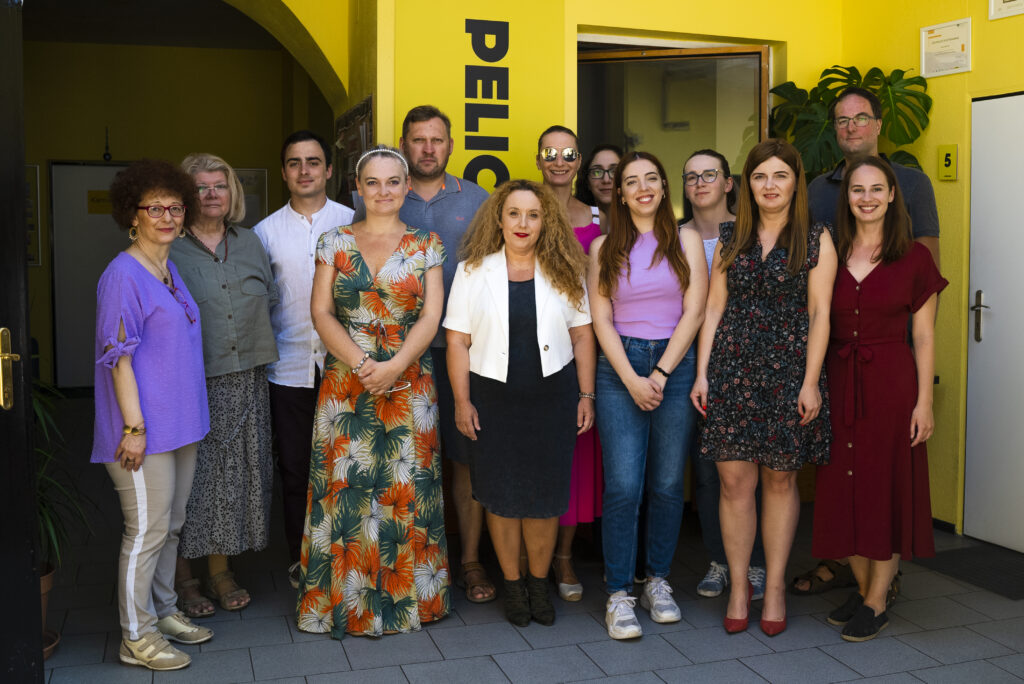
All project outputs will be available not only in the languages of the cooperating countries, but also in English and will be freely accessible to all interested parties, whether from teachers, schools, parents or the general public.
All the information about partners and project or news you can find on the project’s Facebook page.
Project meetings
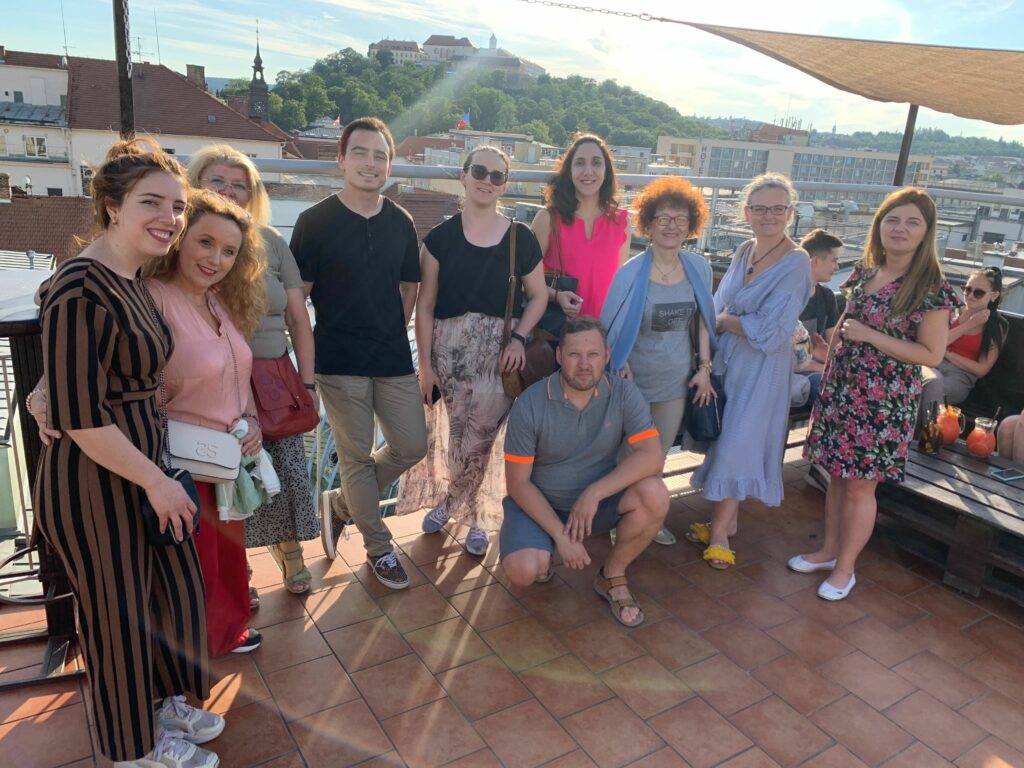
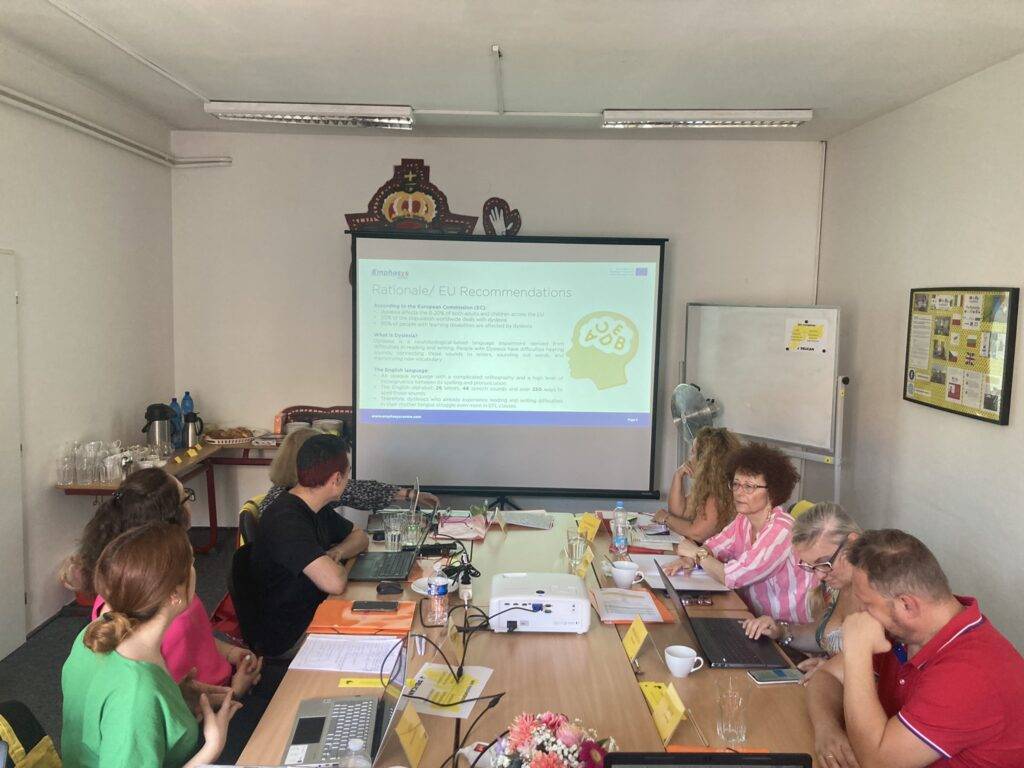
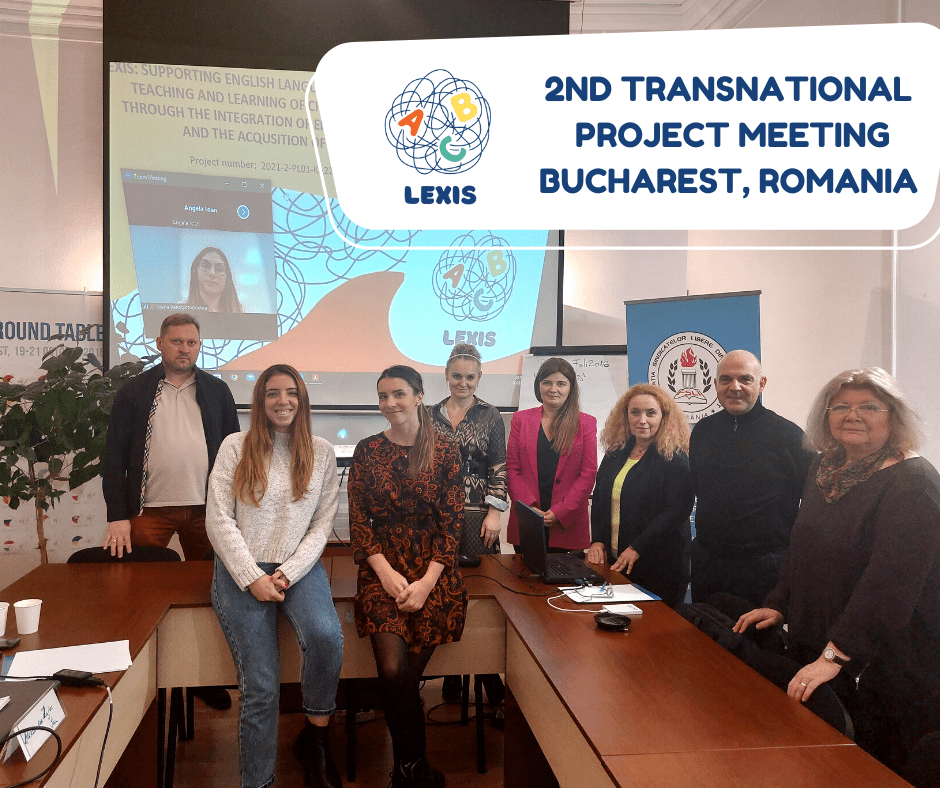
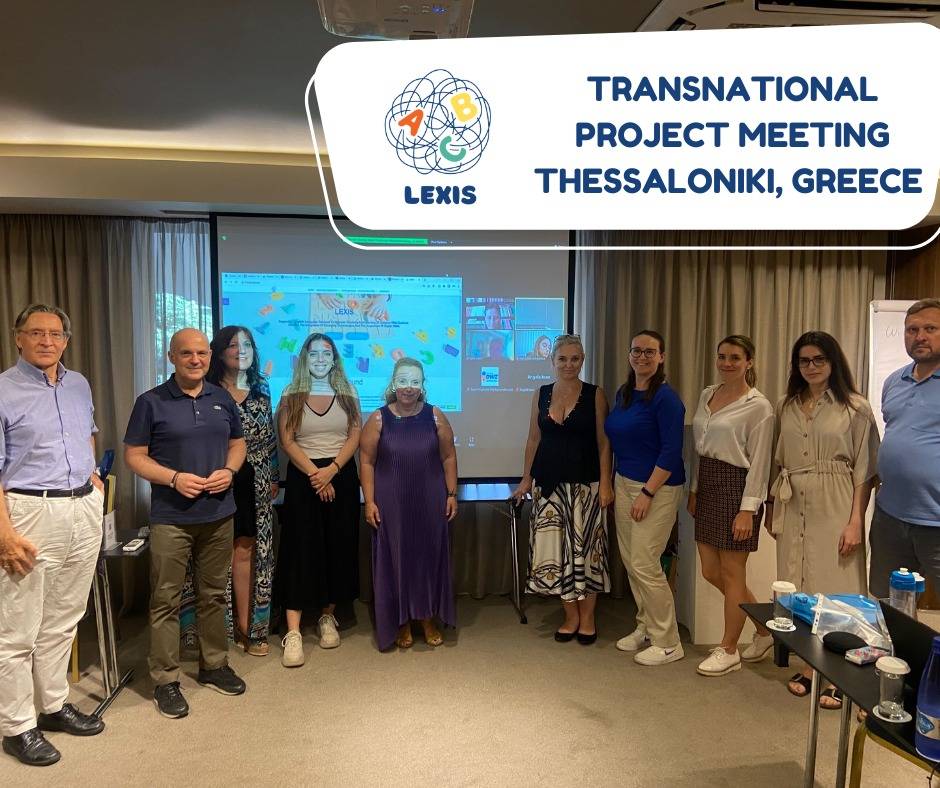
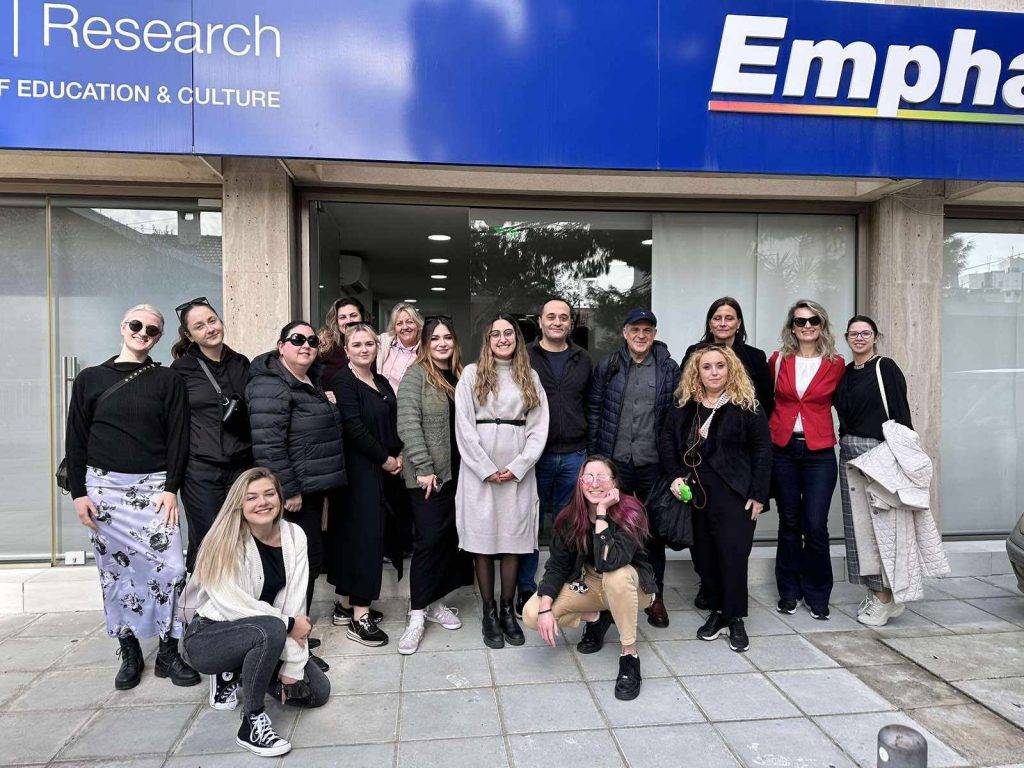
LEXIS_Newsletter-1_ENG LEXIS_Newsletter-2_ENG LEXIS_Newsletter-3_ENG LEXIS_Newsletter-4_ENG-1
If you are interested, we are happy to come to you and present the project to you, organize a workshop for your employees, provide consultation on a diploma thesis, etc. Help us raise awareness of topics that really matter!

